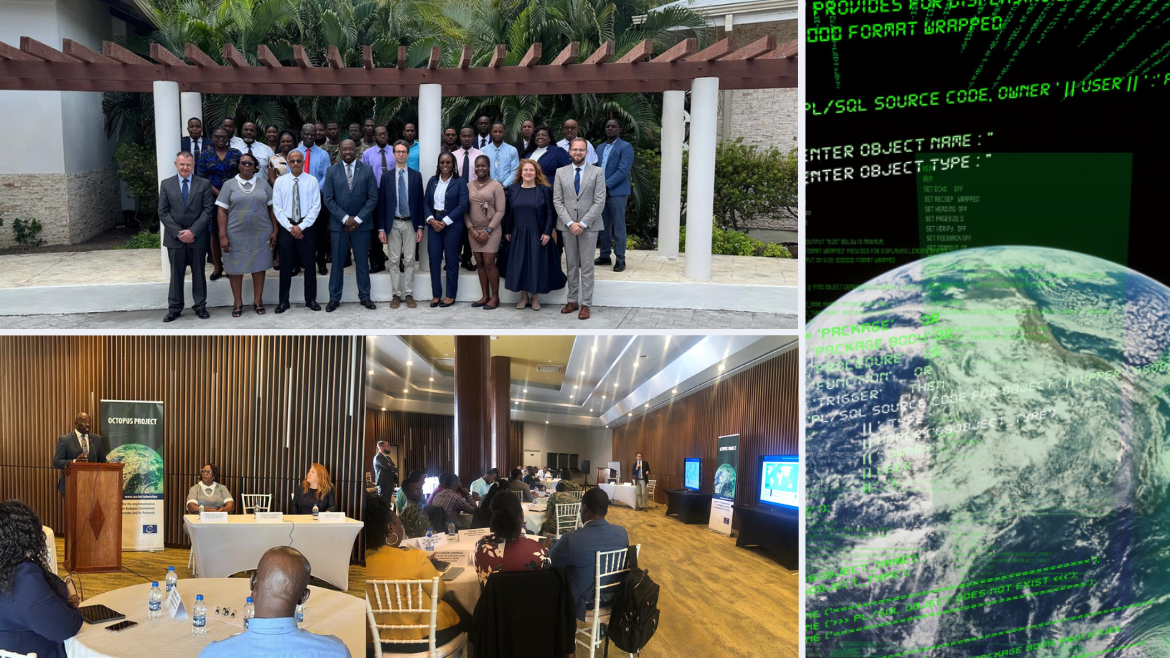The Ministry of Information Communication Technologies, Utilities and Energy of Antigua and Barbuda, in cooperation with the Octopus Project of the Council of Europe, organised the Introductory course on cybercrime and e-evidence for the authorities of Antigua and Barbuda.
In his opening remarks, Honorable Melford Nicholas, Minister of Information Communication Technologies, Utilities and Energy, reinforced the importance of strengthening the institutional capacities of Antigua and Barbuda in responding to cyberthreats and securing a safer cyberspace for its citizens trough consolidated national legal framework and international cooperation.
Along four-day learning session, international subject-matter experts introduced the participants of various stakeholders (Defense Force, Office of the Director of Public Prosecutions, Office of National Drug and Money Laundering Control Policy, Department of Immigration, Royal Police Force of Antigua and Barbuda, Customs and Excise Division), to the framework of the Convention on Cybercrime (Budapest Convention), procedures for investigating cybercrime and collecting e-evidence, technologies and their role in securing and obtaining electronic evidence and measures for international cooperation, resulting in increased knowledge and skills on cybercrime and e-evidence.
The Council of Europe stands ready to further support these collaborative efforts in Antigua and Barbuda and enhance the international cooperation on cybercrime and electronic evidence in the Caribbean region.
The Council of Europe gratefully acknowledges voluntary contribution by the United Kingdom to Octopus project for this activity.
Octopus Project webpage
Convention on Cybercrime (Budapest Convention)
Second Additional Protocol to the Convention on Cybercrime (Second Additional Protocol to the Budapest Convention)



